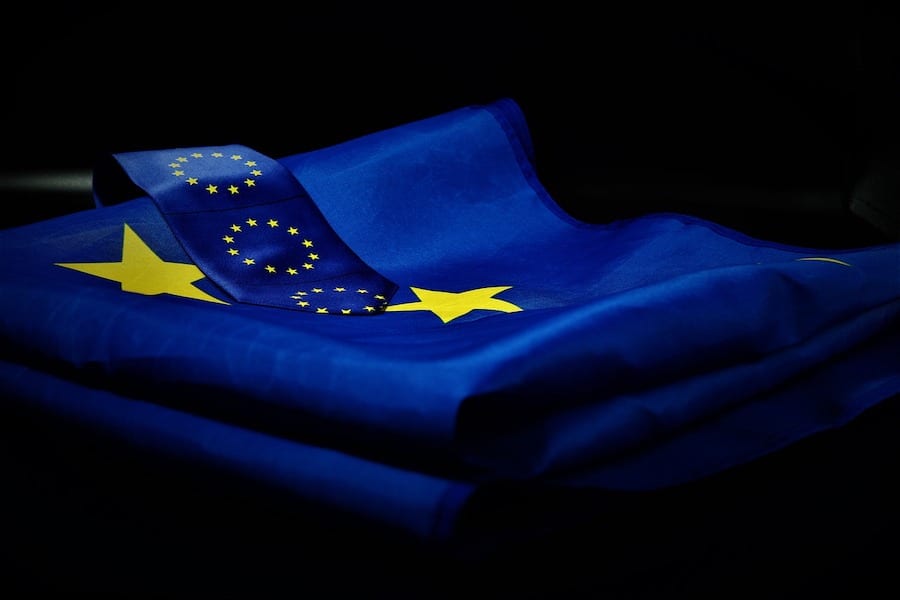As Europe continues its fight against Covid, the European Commission is pushing ahead with plans to tackle another disease, cancer, which killed more than 1.3 million Europeans last year alone.
With Covid taking centre stage for so long, it is easy to forget that other deadly diseases are still ravaging populations around the globe.
In 2020, 2.7 million people in the European Union were diagnosed with cancer and half that number died from the disease. Without conclusive action, by 2035 cancer cases are estimated to increase by almost 25%, making it the leading cause of death in the EU.
Moreover, the Covid-19 pandemic has had a severe effect on cancer care, disrupting treatment, delaying diagnosis and vaccination, and affecting access to medicines.
On 3rd February, the eve of World Cancer Day, the European Commission presented the ‘Europe’s Beating Cancer‘ plan, spearheaded by its President, Ursula von Der Leyen.
“While we were all fighting against the Covid-19 pandemic, many of us were fighting a silent battle. The battle against cancer,” said Ursula von Der Leyen during a presentation of the plan. “In 2020, we lost 1.3 million Europeans to this disease and sadly, the number of cases is on the rise. This is why we present Europe’s Beating Cancer Plan today. The fight of those battling cancer is our fight as well, in Europe.”
The programme will use new technologies, research and innovation as the starting point in efforts to tackle the disease from every angle. From prevention to the quality of life for those already suffering with the disease, and for survivors, the Beating Cancer Plan aims to focus actions where it can add the most value.
The broad-reaching programme will span policy areas ranging from education, employment, equality and social agendas, touching on other areas that may seem unrelated but are part of the bigger picture, such as environment, climate, energy, agriculture, transportation, taxes, and marketing.
The plan has four key areas: prevention, early detection, diagnosis and treatment, and improving quality of life, with 10 flagship initiatives that will be given €4 billion in funding to attain their aims.
Under prevention, high risk behaviours and factors such as smoking, alcohol abuse, pollution, and use of hazardous substances in daily life will be addressed.
In addition, a campaign entitled ‘Healthy Lifestyle 4 All’ will be introduced to set people on the path to a better life through healthy diet and exercise.
Finally, the programme will target cancers brought on by infection, with a goal of immunising at least 90% of girls against HPV and to increase their vaccination programme for boys by 2030.
Early detection of cancer is the best way to fight the disease, so the EU is stepping up access to screenings so that, by 2025, 90% of the population of Member States have regular and reliable access to breast, colon and cervical screenings.
The plan also aims to make the playing field level by offering comprehensive care across the board. Currently there are places where certain medicines and equipment are unavailable, leaving those populations at higher risk. The programme allows for the building of cancer centres linked throughout the EU network so that by 2030, 90% of patients will have improved access.
They will also launch an initiative focusing on follow up care, to help cancer patients and survivors improve their quality of life through rehabilitation, support in the event of recurrence and social reintegration.
“This is first and foremost about people,” Stella Kyriakides, Commissioner for Health and Food Safety, said, “about celebrating and reinforcing resilience and treating cancer as a disease that can and must be overcome. A strong European Health Union is a Union where citizens are protected from avoidable cancers, where they have access to early screening and diagnosis, and where everyone is empowered with access to high quality care, at every step of the way. This is what we want to achieve with our Cancer Plan – making concrete impact for cancer care over the coming years. For me this is not just a political commitment, it is a personal commitment.”
Related stories:
Instagram campaign to replace Pink Ribbon event
Photo source: Pixabay

